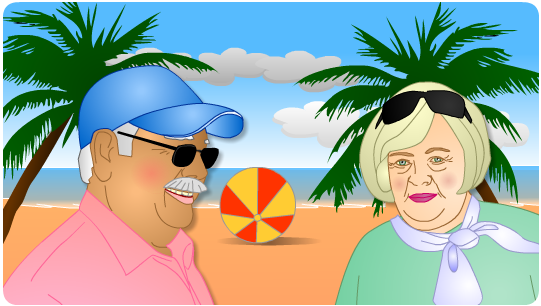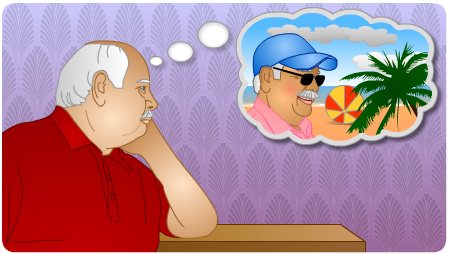Having completed this module the learner should know about:
Clinical research
-
- Asking and answering questions to improve stroke care
- Different types of studies for different types of questions
- Randomised Controlled Trials (RCTs) being the best for determining whether a treatment works or not
Evidence
-
- Synthesising the results of relevant research
- The Cochrane Library
Evidence based guidelines
-
- How evidence based guidelines are developed and know about levels of evidence
Clinical standards
-
- The seven national stroke standards
- The target for stroke unit admission
Clinical audit
-
- The Scottish Stroke Care Audit (SSCA) and how to access reports
- Interpreting the reports on performance
Service improvement
-
- The Managed Clinical Network (MCN) and its role in quality improvement
- How audit data can be used to drive improvements
- Priorities from Better Heart Disease and Stroke Care Action Plan
- Local action plans including training and education
High quality care for all
-
- Delivering quality care to all patients in line with standards/guidelines
- The individual’s contribution to improving the quality of stroke services
- Raising unanswered questions and facilitating research



 Prior to his stroke, Mr McGuire was a keen traveller. He would like to plan a city break away with Mrs McGuire and later in the year also wishes to return to Gran Canaria where they have holidayed for the past 10 years.
Prior to his stroke, Mr McGuire was a keen traveller. He would like to plan a city break away with Mrs McGuire and later in the year also wishes to return to Gran Canaria where they have holidayed for the past 10 years.

